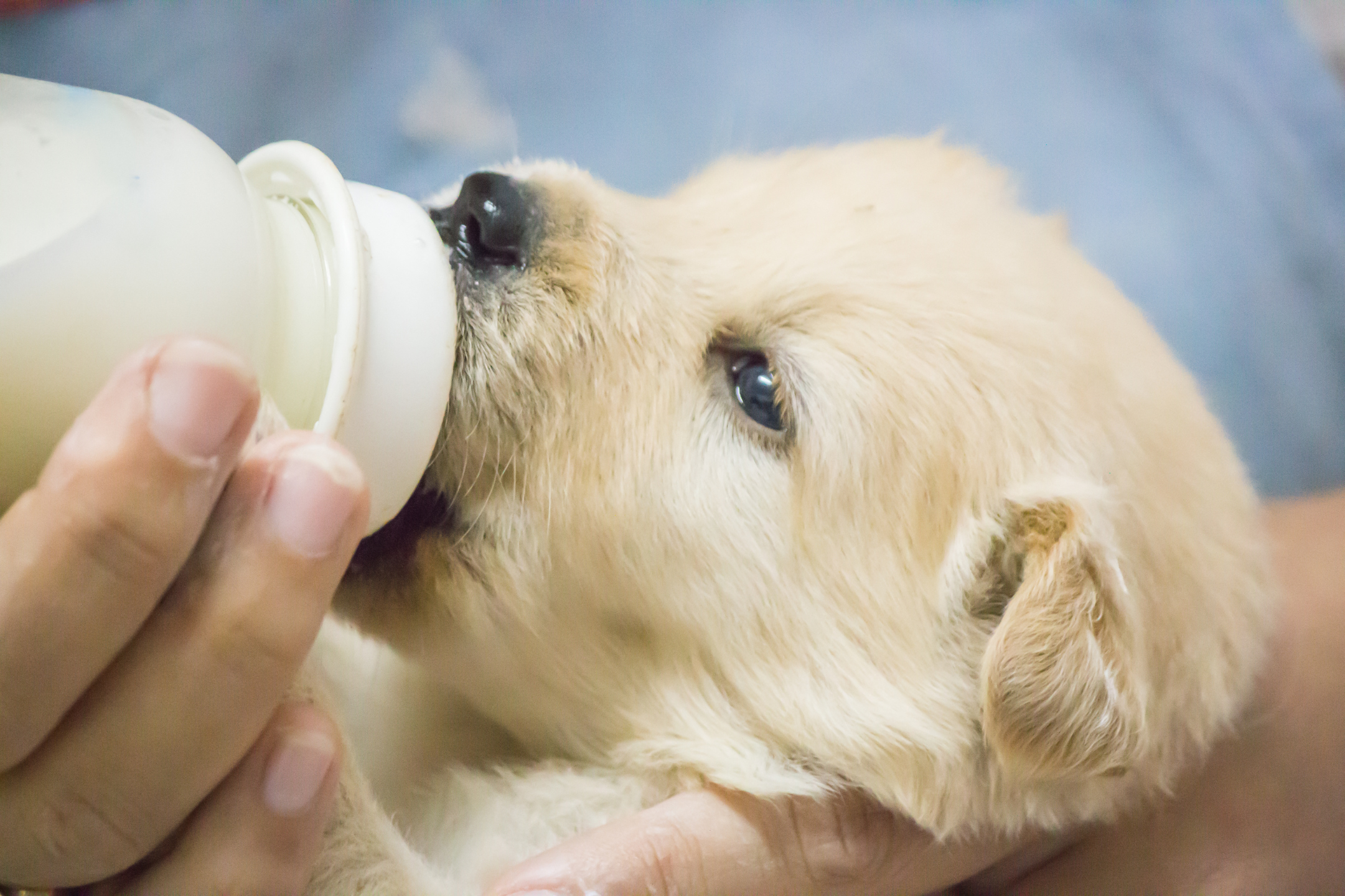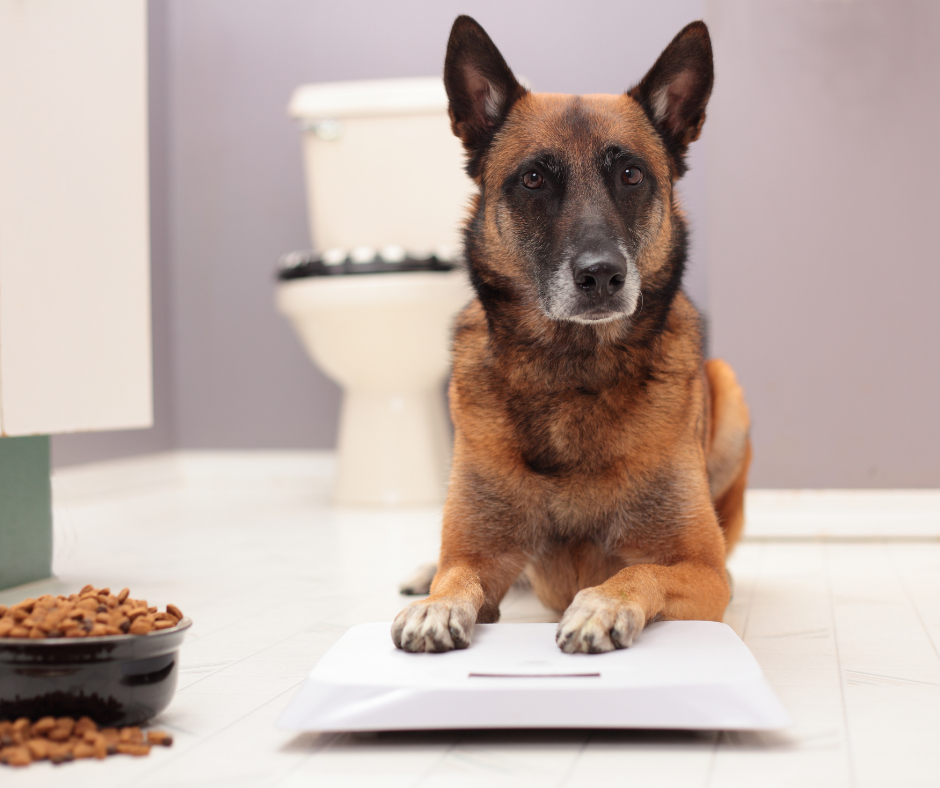As a new puppy parent, seeing your furry friend throwing up white foam can be alarming. You may be wondering, “why is my puppy throwing up white foam?” and whether or not it’s something to worry about. In this blog, we’ll examine why puppies may vomit white foam and what you can do to help them feel better.
What is White Foam?
Before diving into why puppies vomit white foam, it’s essential to understand what it is. White foam is simply a mixture of saliva and stomach contents churned up and mixed during vomiting. This foam can be a variety of colors, including white, yellow, green, and even pink or red if blood is present.
Reasons for Vomiting White Foam
There are several reasons why a puppy may vomit white foam. Some of the most common causes include:
-
Eating Too Quickly
Puppies are notorious for eating too quickly, which can cause them to vomit shortly after eating. When a puppy eats too quickly, they may swallow air along with their food, leading to a buildup of gas in the stomach. This can cause discomfort and may result in the puppy vomiting up their food in the form of white foam.
-
Upset Stomach
Just like humans, puppies can experience upset stomachs from time to time. This can be caused by various factors, including eating something they shouldn’t have or a sudden change in diet. When a puppy’s stomach is upset, they may vomit up white foam as their body tries to rid itself of whatever is causing the discomfort.
-
Motion Sickness
If you’ve ever traveled with a puppy, you may have noticed that they can sometimes become car sick. This is because their inner ear is not fully developed, making it harder for them to maintain their balance and avoid motion sickness. When a puppy experiences motion sickness, they may vomit up white foam as a result.
-
Parasites
Unfortunately, puppies are susceptible to many parasites, including worms and giardia. These parasites can cause a range of symptoms, including vomiting and diarrhea. If your puppy is vomiting white foam and experiencing other symptoms, such as diarrhea, you should take them to the vet to rule out parasites.
-
Heatstroke
Puppies can quickly become overheated, especially during the summer months. When a puppy experiences heatstroke, they may vomit white foam as their body tries to regulate its temperature. Other symptoms of heatstroke may include panting, lethargy, and difficulty breathing.
What to Do if Your Puppy is Vomiting White Foam
If your puppy is vomiting white foam, there are several things you can do to help them feel better. First, ensure they have access to plenty of water to help keep them hydrated. You should also keep them calm and quiet, as stress and excitement can exacerbate vomiting.
If your puppy continues to vomit, try withholding food for a few hours to allow their stomach to settle. Once they have gone a few hours without vomiting, you can offer them a small amount of plain, bland food such as boiled chicken or rice.
If your puppy is frequently vomiting or is experiencing other symptoms such as diarrhea, lethargy, or difficulty breathing, you should take them to the vet immediately. These symptoms could indicate a more serious underlying condition requiring medical attention.
Preventing Vomiting White Foam in Puppies

- Control Portion Sizes: Puppies should be fed small, frequent meals throughout the day. Overfeeding should be avoided, and portion sizes should be controlled to prevent stomach overloading.
- Feed a Balanced Diet: Puppies need a balanced diet that includes protein, carbohydrates, fats, vitamins, and minerals. Feeding your puppy high-quality dog food will provide the necessary nutrients for healthy growth and development.
- Keep Your Puppy Hydrated: Puppies should always have access to clean drinking water. Dehydration can cause stomach irritation and lead to vomiting.
- Puppy Proof Your Home: Puppies are curious creatures and can ingest objects that cause stomach irritation. Keep potentially harmful things out of reach and supervise your puppy to prevent ingestion.
- Regular Vet Visits: Regular visits to the veterinarian can help detect any health issues early on. Vaccinations, deworming, and parasite control should be part of your puppy’s routine care.
- Avoid Stressful Situations: Stress can cause gastrointestinal problems in puppies, leading to vomiting. Avoid situations that can cause stress, such as sudden changes in routine, loud noises, or being left alone for long periods.
- Slow Feeding: Some puppies eat too fast, which can cause vomiting. Slow-feeding bowls or feeding toys can help slow down eating, reducing the risk of vomiting.
Conclusion
Vomiting white foam in puppies can be a concerning issue for pet owners. However, understanding the causes and taking preventative measures can help reduce the risk of vomiting. Providing a balanced diet, controlling portion sizes, keeping your puppy hydrated, puppy-proofing your home, regular vet visits, avoiding stressful situations, and slow feeding can all help prevent vomiting in puppies. If your puppy continues to vomit white foam or shows other symptoms, seek veterinary attention immediately. By taking care of your puppy’s health, you can enjoy many happy years together.















